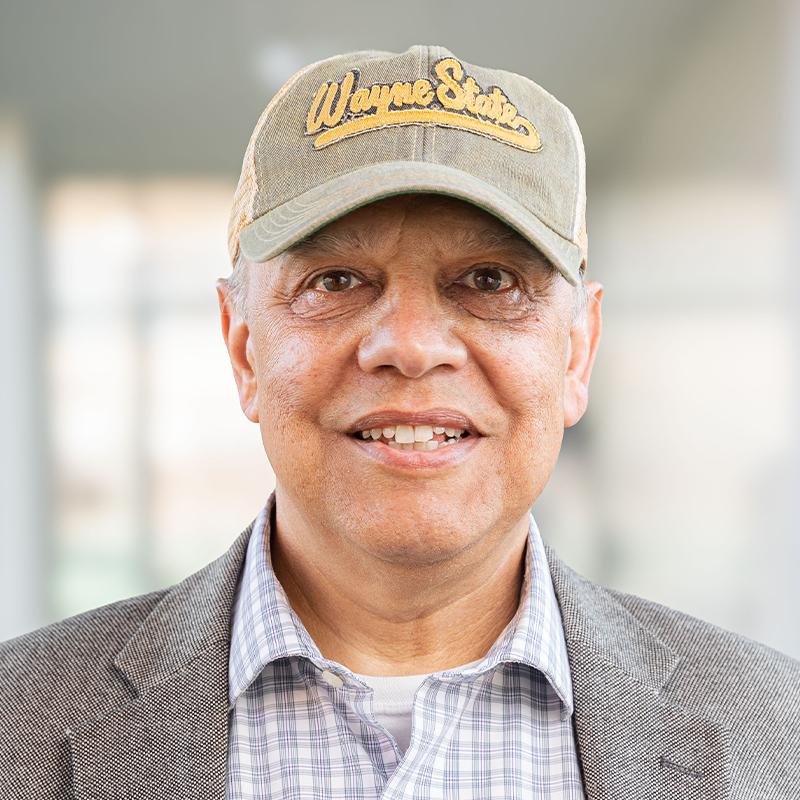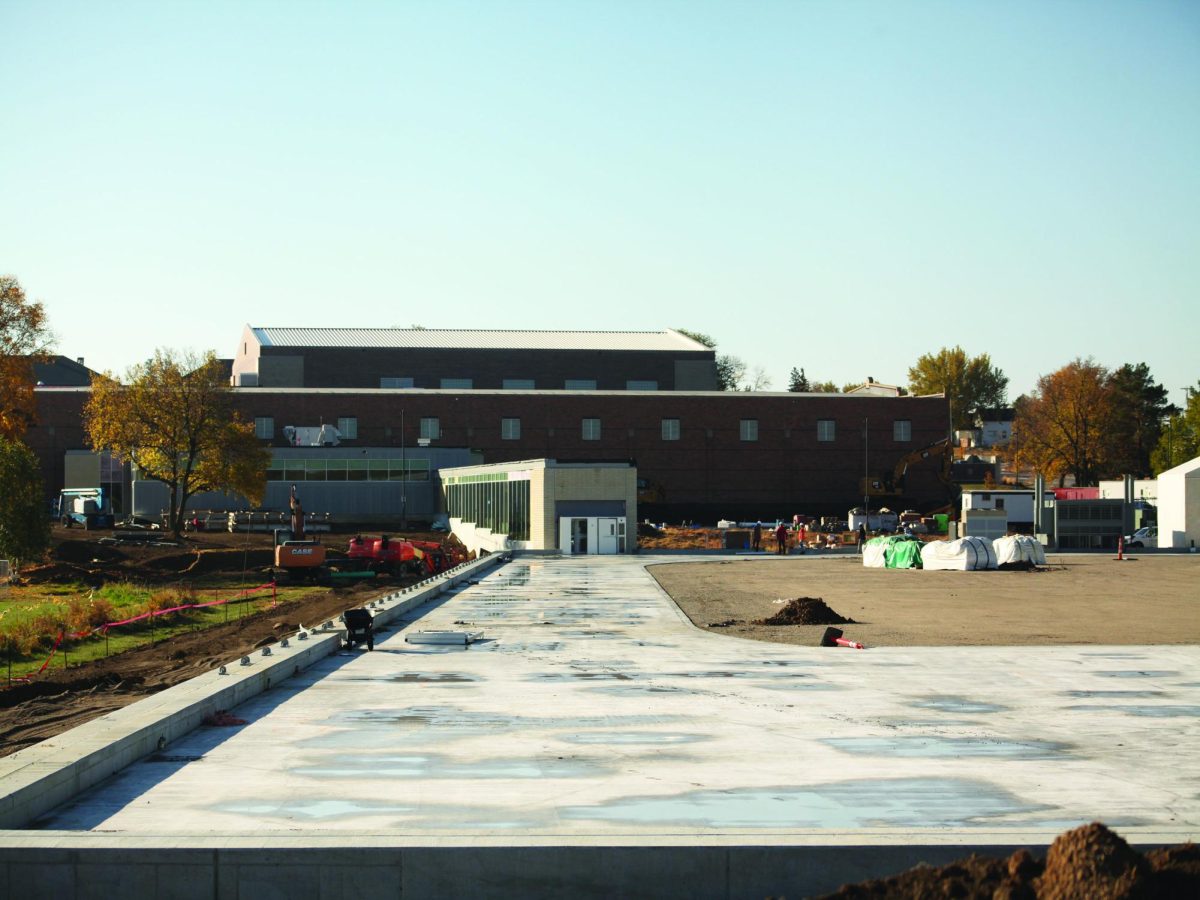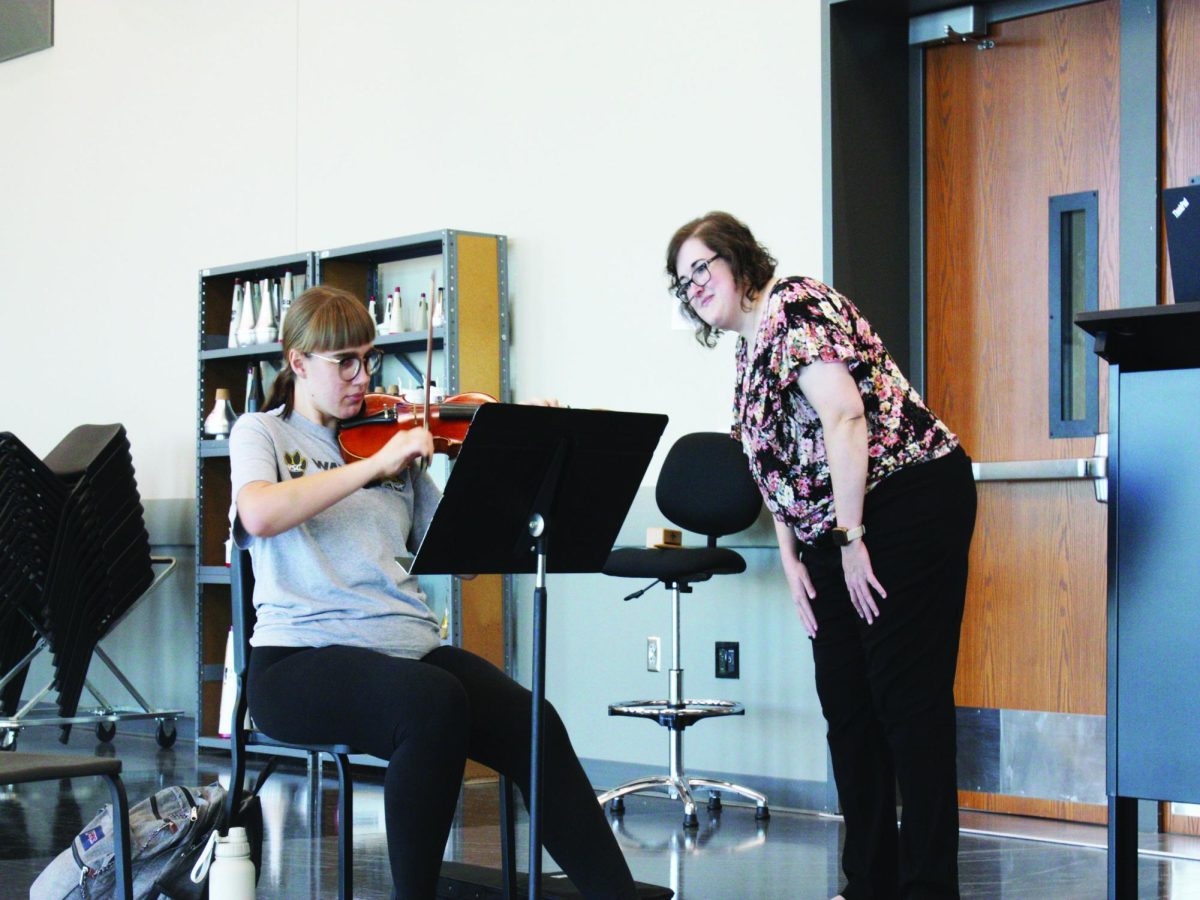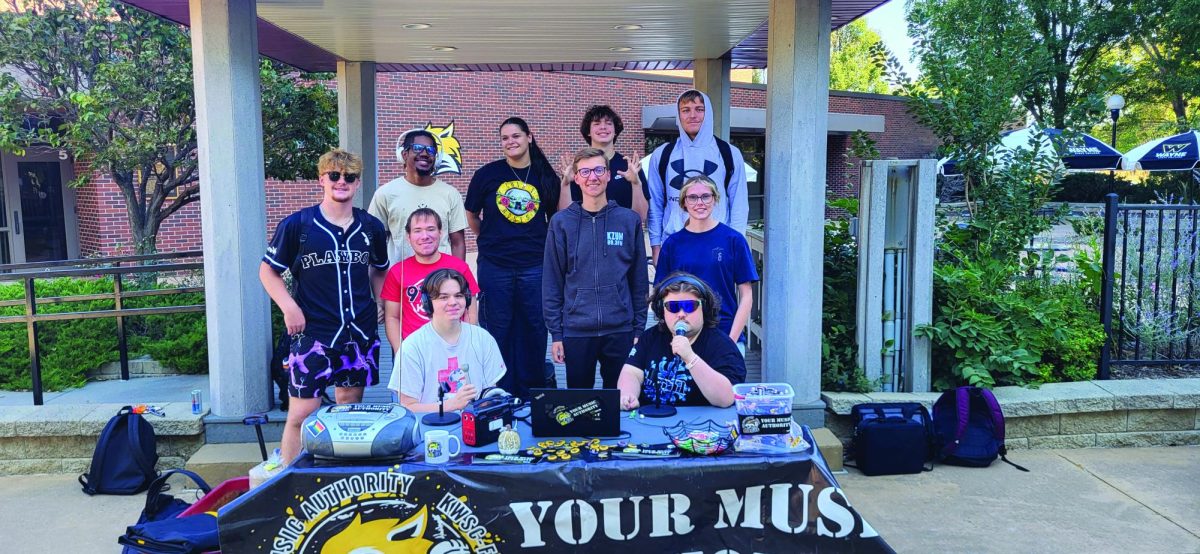First debate leaves field still open
Republican candidates met for debate on farming, prisons, Medicaid expansion
March 27, 2014
Sunday afternoon, all six of the Republican candidates for Nebraska’s governor gathered in Broken Bow, Neb. for a debate co-sponsored by the Nebraska Republican Party and the Nebraska Farm Bureau Federation, which focused on agriculture and water policy.
The Republican gubernatorial field has been crowded from the get-go, and there are currently six candidates: Tom Carlson, Mike Foley, Beau McCoy, Pete Ricketts, Bryan Slone and Jon Bruning.
The 90 minute debate had the candidates answering questions from a panel, ranging from methods of enticing younger generations to get more involved in the farming industry to prison overcrowding to higher education to the Unicameral’s recent repeat rejection of the Affordable Care Act’s Medicaid expansion.
Nebraska’s Farm Bureau was worried about how to keep the recent livestock industry boom, something all the candidates agreed should be maintained. Making sure that Nebraska stays at the top of the livestock game, recently the state has surpassed Texas on feed numbers, was agreed upon, but how to stay there was more decisive.
Carlson and McCoy, both current state senators, noted that protecting resources, such as water, that other states don’t have is key; while Ricketts and Slone believe a better route would be working on zoning issues to attract more investment. Foley and Bruning each stated that the health of this industry and the current upswing in momentum must be maintained for the good of Nebraska.
While the candidates seemed to agree on the majority of issues, prison overcrowding and health care were more dividing topics.
Prison overcrowding is a big issue right now, with officials worried about a federal lawsuit as currently there are 3,200 inmates, about 50% more than Nebraska’s prisons were designed to hold.
Bruning, the state’s attorney general for over a decade, took the hardest stance, insisting that he would not consider building a new prison.
““If we have the inmates sharing a cell, if they don’t like it, so what? Don’t get sent to prison,” he said.
However, last fall, he said the state might have to consider a new prison, rather than allow for earlier paroles and risk public safety.
Foley was open to the idea that the state build another prison, whereas the rest of the candidates talked about considering alternatives, such as more probation for nonviolent offenders or addressing the root of the problem—reducing drug and gang-related crime.
McCoy said that there is enough “ingenuity” in Nebraska that another plan will present itself.
Foley was also the lone candidate to oppose the death penalty. He is a practicing Catholic and therefore also opposes abortion. According to him, the death penalty is an expensive law that is rarely used in Nebraska.
“It’s time to be honest with the people in Nebraska,” Foley said. “We don’t have a functional capital punishment system in Nebraska, yet we spend millions of dollars pretending that we do.”
All six of the candidates supported the Unicameral’s rejection of the Medicaid expansion offered under the ACA. But they had different opinions on how to help those without health coverage.
For Foley and Carlson, it’s finding a viable way to get them treatment when they need it. Ricketts and Bruning said that the solution lies in the economy and the creation of more high paying jobs that include benefits. Slone said more access will help Nebraskans receive needed care. Finally, McCoy stood by the senates rejection, which he led, and stated that the state must have the option to cut taxes or use those funds for education.
The next debate will be April 23 in Norfolk.
Quotes courtesy of www.omaha.com.







